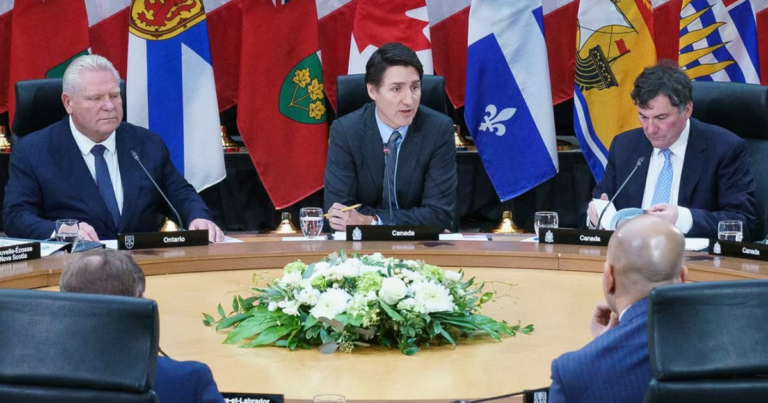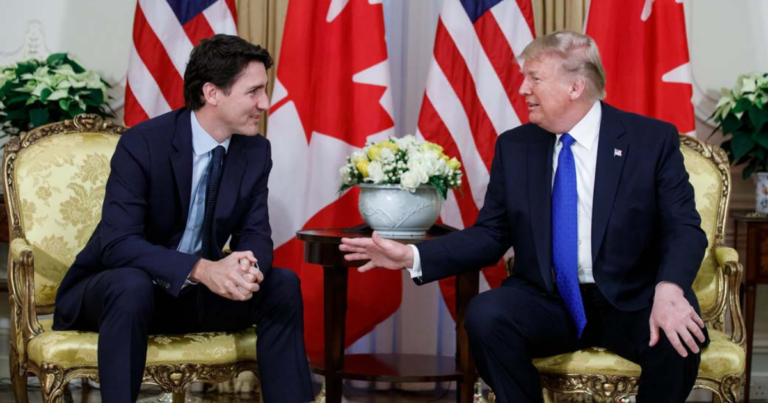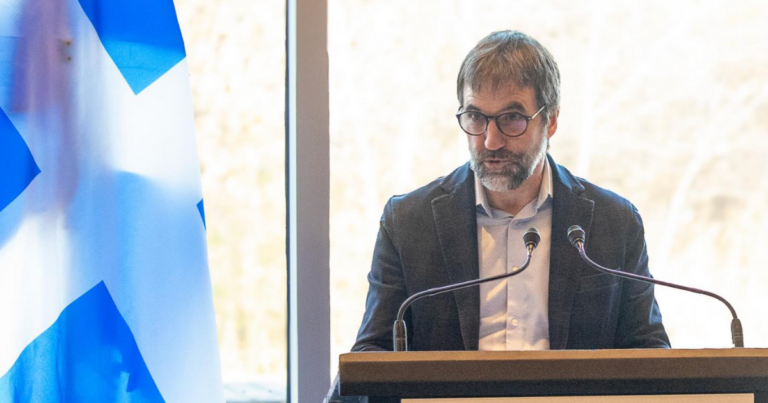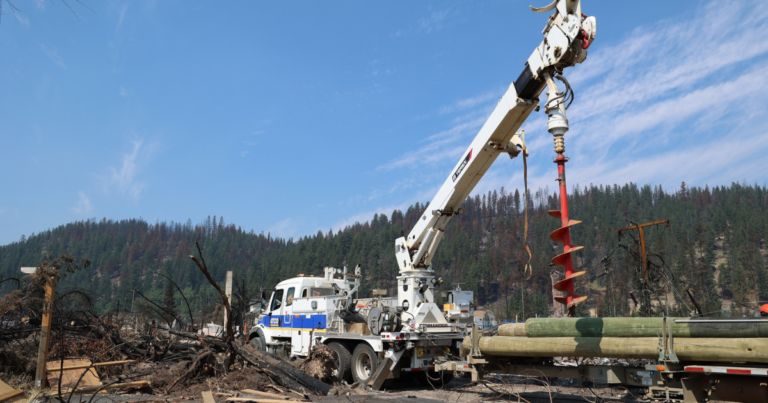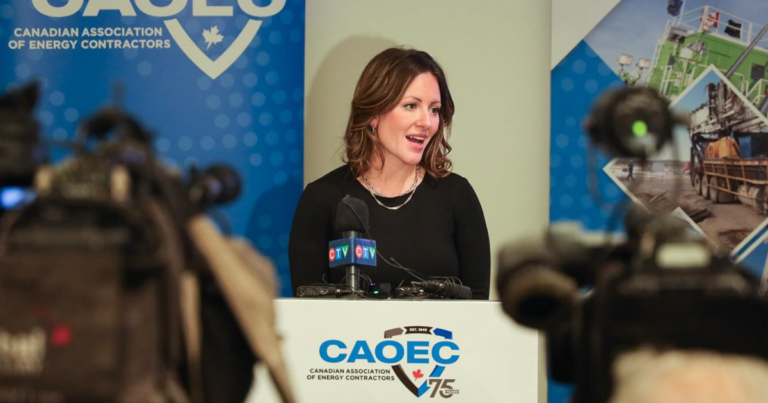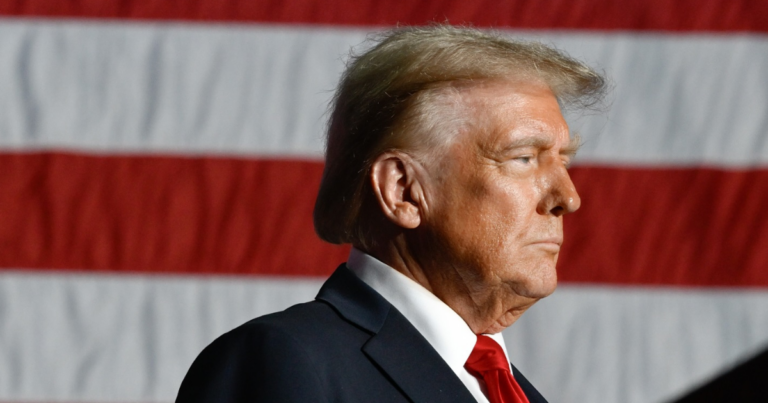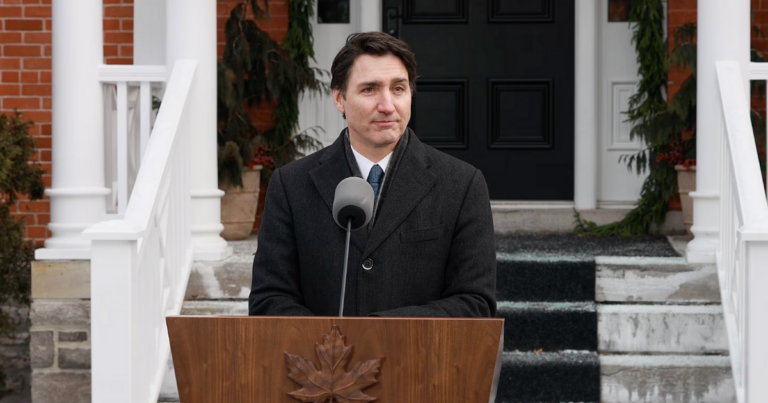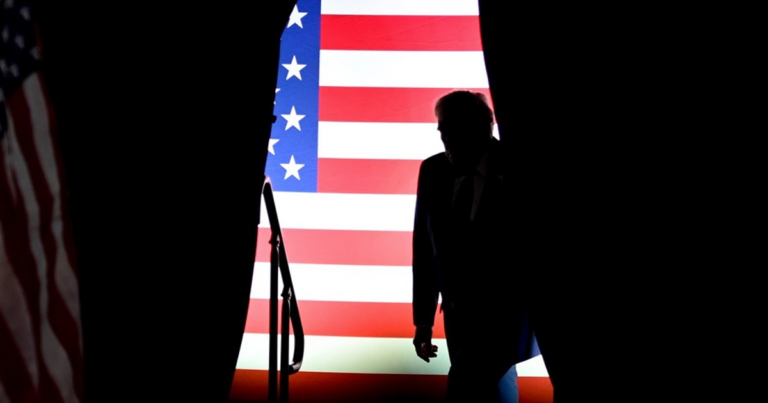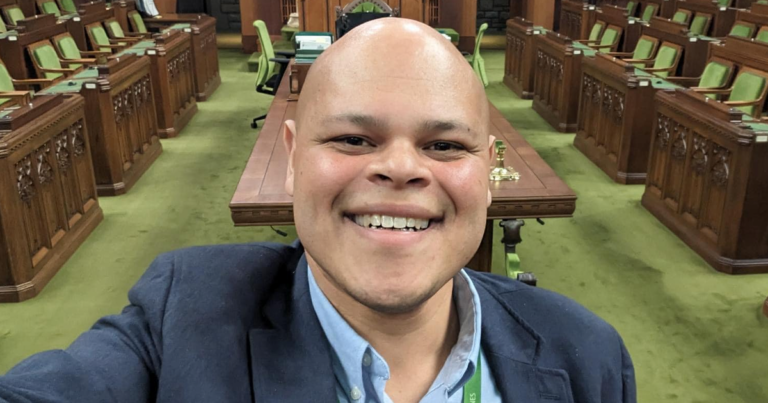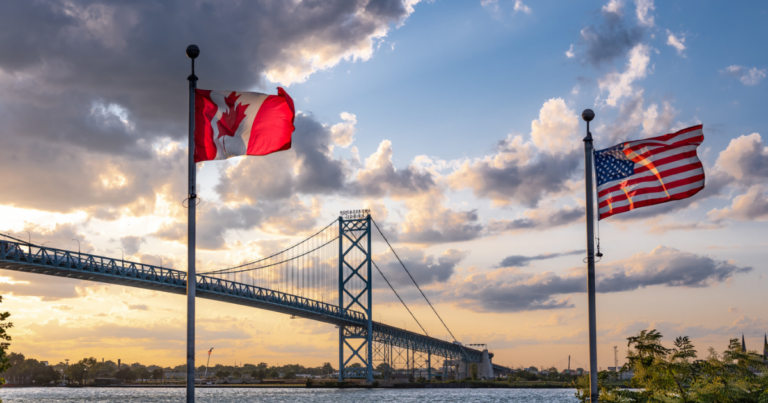Prime Minister Justin Trudeau said that “Canadian energy powers American manufacturing” and that his government is prepared to respond to U.S. President Donald Trump’s import tariffs by any means possible.
“If the president does choose to proceed with tariffs on Canada, Canada will respond and everything is on the table,” Trudeau told reporters on Tuesday.
“Of America’s top five trading partners, Canada is the only one with whom the United States runs a trade surplus in manufacturing and Canada buys more goods made by Americans than China, Japan and Germany combined.”
U.S. President Donald Trump announced that his promised 25% tariffs on all Canadian imports would likely take effect on Feb. 1 while signing a suite of executive orders at the White House on Monday’s inauguration day.
“We are thinking in terms of 25% on Mexico and Canada because they are allowing vast numbers of people, Canada is a very bad abuser also, vast numbers of people to come in and fentanyl to come in,” said Trump.
Prior to his inauguration, Trump asked U.S. federal agencies to provide his administration with reports on what major trade issues the U.S. is facing by April 1.
However, the U.S. president said he would not rule out the idea of a universal tariff on all countries going forward.
“We’re not ready for that yet,” he said, adding that “essentially all countries take advantage of the U.S.”
Trudeau responded by saying that Canada is “prepared for every possible scenario.”
Foreign Affairs Minister Melanie Joly called Trump’s announcement an “important moment for Canadians” and especially politicians to remain “united.”
“We’re calling on every single political leader across the board, across the country, to stand united because now more than ever, we need to make sure that we put country first,” Joly told reporters on Monday.
“Instead of taxing our citizens to enrich other countries, we will tariff and tax foreign countries to enrich our citizens,” said Trump during his inaugural address Monday.
Trump has been expressing frustrations over the past several weeks about the U.S.’ trade relationship with Canada, claiming that the U.S. supports Canada to the tune of $100 billion a year.
However, that figure has been disputed.
Alberta Premier Danielle Smith, who attended Trump’s inauguration, said she noticed an opportunity for Canada during his speech when he said he would “declare a national energy emergency” in order to lower prices for Americans and “export American energy all over the world.”
According to Smith, Canada could create a “perfect partnership” with the U.S. to supply oil and gas at stable prices to facilitate their goal of becoming a global exporter of energy because they couldn’t do it without Canadian resources.
“Americans want to have energy dominance globally, and I believe the best way for them to achieve that is for Canada to be a partner in that,” Smith told CTV News in Washington on Monday. “If their asks are reasonable, then let’s meet them halfway.”
Smith was the only premier not to sign a joint statement between the premiers and Prime Minister Justin Trudeau to ensure that every possible countermeasure would be made available to retaliate against U.S. tariffs.
“Your response has to be proportionate,” said Smith in explaining why she refused to sign the joint statement. “My caution was ‘let’s wait and see what happens.’ Let’s wait and see what the government does. The fact that they have decided to take a closer look at it, that gives us the opportunity to make the case.”
“I just don’t think you should threaten things that you’re not prepared to do. There’s no chance that we will be cutting off energy exports to the U.S. so why threaten it?” she added.
